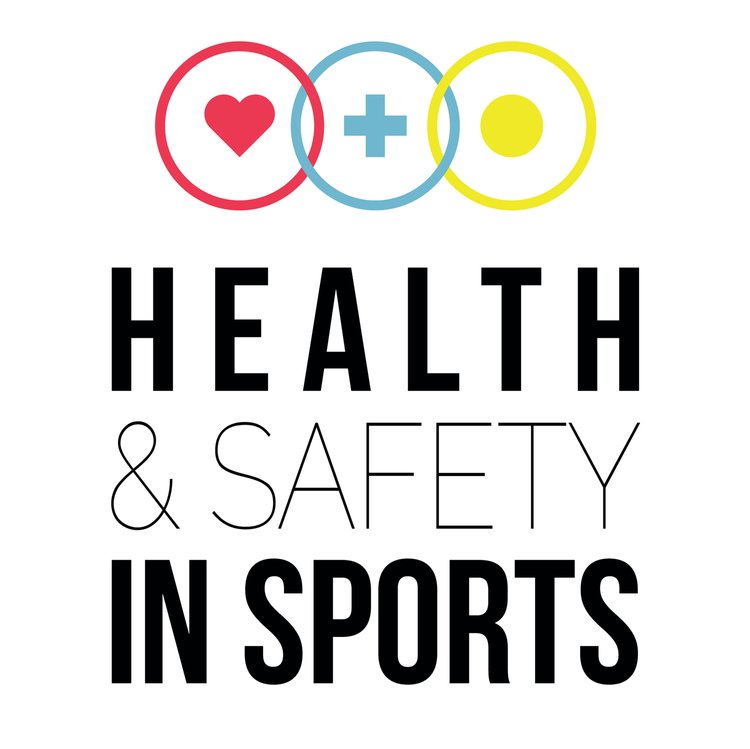Funding
The Netherlands Organization for Health Research and Development (ZonMw), grant number 10430102110006 DEFENCE
Team
F.W. Asselbergs https://orcid.org/0000-0002-1692-8669
H.T. Jorstad https://orcid.org/0000-0003-3617-3256
J.J.N. Daems https://orcid.org/0000-0002-5589-2806
Project Partners
This project is a research consortium consisting of multiple multi-centre studies
COMMIT is an ongoing, actively recruiting subcohort of the ELITE lifetime cohort, which is composed of >300 competitive elite athletes with a CMR scan prior to the COVID-19 pandemic. In individuals with a SARS-CoV-2 infection, a repeated scan is made. To date >100 CMR’s in athletes post-COVID have been performed. With this cohort, the cardiac impact of SARS-CoV-2 in healthy individuals who engage in extreme levels of physical activity, a documented second hit in general cases of myocarditis, is prospectively assessed.
COVID@Heart is an initiative established to determine the course of COVID-19 in patients that are treated by their general physician and recover from the SARS-CoV-2 infection at home. The study contains 100 subjects derived from the Nijmegen Exercise Study (NES) and Rotterdam Study (ERGO), which both are population-based cohorts that have collected extensive data before and during the first and subsequent waves of SARS-CoV-2 infections in the Netherlands.
CAPACITY-COVID consortium has established two studies: CAPACITY 1 (www.capacity-covid.eu) and CAPACITY 2. CAPACITY 1 is a retrospective cohort study/patient registry in which clinical data generated during routine clinical care has been collected from >5000 patients hospitalized in the Netherlands during the first wave of the pandemic. This number comprises ~40% of all hospitalized patients during the first wave. The ISARIC core case report form was used as a basis within CAPACITY 1 and extended with additional data collection items to capture in-depth information on the cardiovascular history and medication use, cardiac additional diagnostic tests (ECG, echocardiography, MRI) and cardiovascular complications. The manuscript of the main findings is currently under review but has been published on a preprint server.14 CAPACITY 2 is a prospective cohort study within the hospital setting that aims to harmonize clinical care pathways across sites with standard diagnostic testing for the early detection of myocardial damage to investigate cardiac complications in both the short and long-term.
COPP is a nationwide multicentre hospital-based prospective cohort study on paediatric COVID-19, including COVID-19-associated multi-system inflammatory syndrome (MIS-C) associated with severe cardiac dysfunction, myocarditis and coronary artery dilatation. In total, 125 MIS-C children are included in this registry. Near real-time automated results and analysis of MIS-C, including medical history, laboratory data, length of ICU/hospital stay, and therapy, can be found online (www.covidkids.nl). Serial echocardiographic data, ECGs, troponin and NT-proBNP levels are available in the acute phase in all MIS-C patients.
POPCORN consortium (EurQol Foundation based) collected data in the population of 8 countries (n=24.000), including the Netherlands (first wave). Subsequent waves (from April 2021) will be an individual repeat and include a major part of the CAPACITY patient outcome survey, where data will be available for reference and maximise the diagnostic value of patient outcome data.
Lifelines – The lifelines study started in 2006. Lifelines is a national long-running cohort study which collects health-related data from 167.000 participants from the North of the Netherlands in 2006. They have collected data regarding cardiovascular risk factors and utilize biobanking. They follow a large sample of long-COVID-19 patients and aim to make 100 CMR scans to investigate the possible correlation between cardiovascular abnormalities and symptoms post-COVID-19.
Background
Cardiovascular abnormalities in the context of COVID-19 are currently being investigated worldwide. Such abnormalities range from cardiac biomarker increases to increased rates of cardiovascular events and death from various causes. Myocardial involvement and myocarditis are of particular import for individuals who engage in sports and exercise, as physical activity can trigger life-threatening arrhythmias and induce chronic myocardial inflammatory states.
The DEFENCE consortium aims to collect extensive data across a range of individuals who have been diagnosed with COVID-19: from the very young to the elderly, from sedentary to elite athletes, and from asymptomatic to severely ill.
Objectives
What is the frequency of myocardial damage in patients that have been infected with SARS-CoV-2?
How does the frequency, extent and pattern of myocardial damage relate to COVID-19 disease severity, symptomatology and patient characteristics?
What are the consequences of myocardial damage in the short- (<6 months) and long-term (up to 2 years)?

